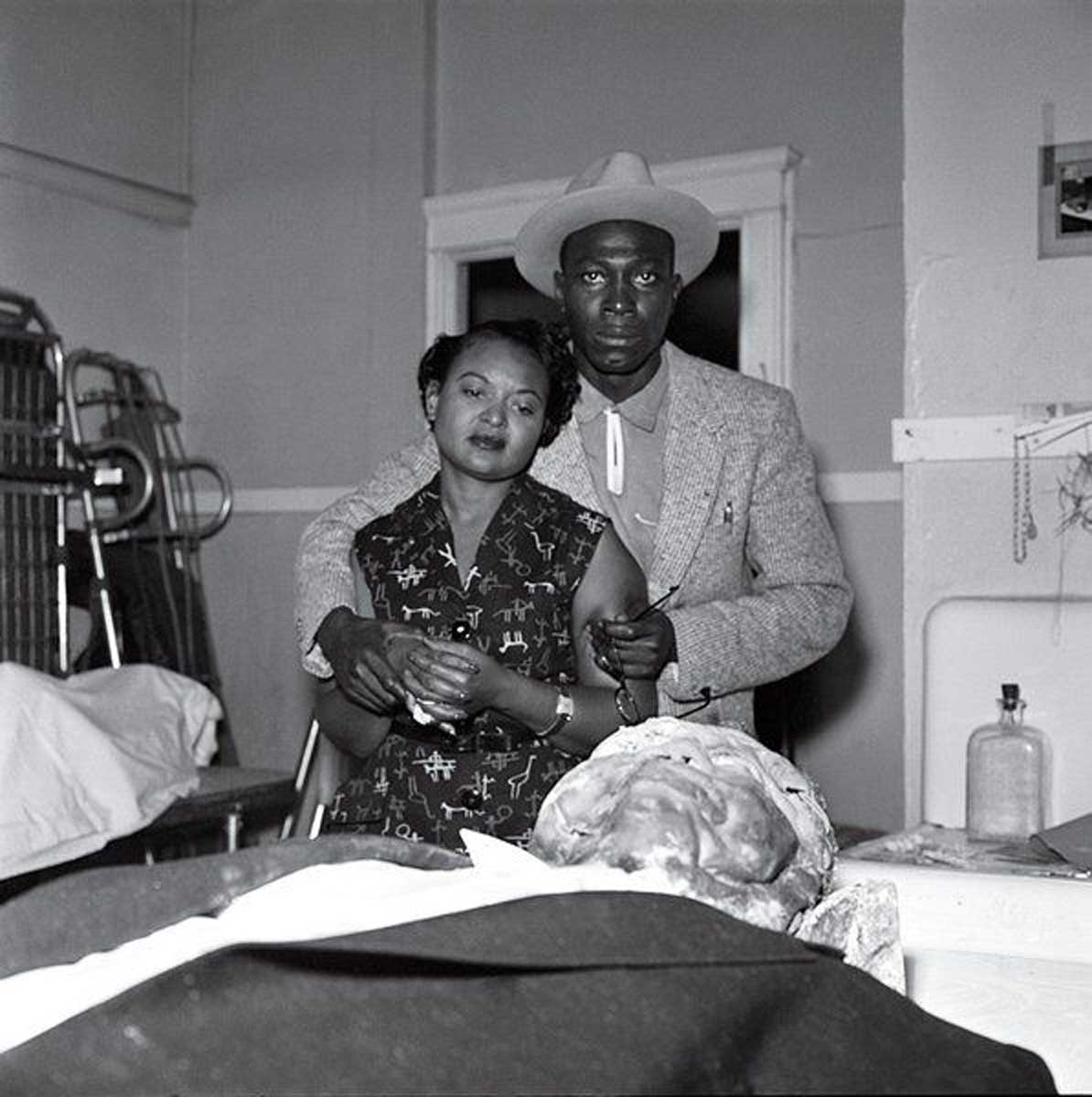The Circuit Riding Preacher
Published 6:30 am Friday, June 8, 2012
Last Sunday morning was a red-letter day at our church. You see one of our regulars had trouble with his vehicle – it just wouldn’t go. So he hopped his horse and rode to church in style. Now I ask you, how many would ride a horse to church – if you had a horse, that is? Most would rather just “take the day off.” It’s something to think about –
Trending
Oh, the kids were delighted with the beautiful saddle horse — adults, too. After church, the kids were given a ride around the parking lot, if they wanted. There was a smile on each face. The horse became an instant celebrity, and I’m certain many little voices will ask about him next week.
When David Jones, who is a crane operator at the new coal plant located in Kemper County, rode his horse to church last Sunday, it made me think of the Circuit Riding Preacher of old. They were more than preachers. Yes, they were brave and fearless as they ventured into unknown territory sharing the Bible and winning souls. The prime requirements for these brave men were their love for God, the people and the desire to touch lives. It was not a money thing – average Circuit Rider salary was $15.00 per year and the average circuit was 300/400 miles traveled, usually within six weeks.
After the Revolutionary War, and the 1804 Lewis and Clark expedition, the trails west were established in greater numbers. Therefore, the Frontier Preachers and Circuit Riders almost immediately traveled to the wild frontier where they established churches, camp meetings, and met with individuals, tradesman, and families – all to spread the Good News.
At this time, Mississippi was considered the Western Frontier and wild territory, but that didn’t stop the fearless clergy. Many of the circuit riders or saddlebag preachers were ministers in the Methodist Episcopal Church. However, all denominations participated with the sacred work of “Telling the Story of Jesus.”
There were no air-conditioned churches with soft-padded pews and brilliant lights by which to read God’s Word. In the winter, it was cold and the summers were almost as hot as the Devil’s abode, but that didn’t dampen the enthusiastic response of the people. The preacher met in whatever location was available – a cabin, barn, schools, stores, and an occasional grand house. The result of the meeting would be the formation of a new weekly home group that eventually became a church. He would return usually 4-6 weeks later as he made his rounds — sharing personal testimony and galvanizing sermons.
There were very few days of rest for the Circuit Rider, but when he did turn his face toward home for an occasional visit with his family; his church families would load him with special gifts to take. There were homemade quilts and blankets, trinkets for the children, jams and jellies, and a fresh ham for the home kitchen. The preachers were deeply beloved by the people that they served. After a few days at home, it would be back to their chosen mission for life — mile after mile – sleet, snow, rain, and the suffocating heat and humidity of the Deep South.
Trending
The preacher checked on the weekly home groups and visited with the newcomers of the community offering a hymn and a prayer. When he was invited, he shared supper with a family and stayed overnight, often in their barn. Other nights, he slept under the stars and was amazed all-over-again with the handy work of God and the creation of His beautiful world. Circuit Riders were supported, in part, by a sort of fraternity of other Circuit Riders. There was great camaraderie developed between the saddlebag preachers. Occasionally, they gathered at a Camp Meeting or other conferences to “talk shop” and encourage each other. Many of them maintained lifelong friendships and exchanged mail often.
As Mississippi populated, the Circuit Rider increased his territory as well. There have been stories about preachers who appeared even before the wagon was unloaded and timber felled for a new house. The preacher would then offer his strong shoulder for a few days in order to help put the family under a roof. As he won friend after friend, family after family, soul after soul, the preacher ministered to their eternal needs as well as physical.
It was great excitement when the preacher was expected. Folks planned weddings, baptisms, dedications, and even words said over the grave of a recent dearly departed. Music was all important – the preacher didn’t need a solo voice in order to soothe souls or even an ear for musical instruments. Just the fact that he was there and the community was together was enough for celebration. Occasionally the circuit rider stored an old fiddle in his saddlebag. When it was brought out, old favorites and new tunes as well were a Blessing for the hardworking people.
The Circuit Rider brought sermons that were pointed and aimed toward the heart and winning souls. The subjects were often of hell and the devil and the coming Day of Judgment. Life was hard on the frontier. Death came early and often. One must be ready. The Circuit Riders considered their work of the highest calling and their lives were committed to bring the Great Commission to the frontier.
So, last Sunday, when I saw Brother David riding his horse to church, my mind wandered back to the days of the Circuit Rider.
Saddle up your horses; we’ve got a trail to blaze,
Through the wild blue yonder of God’s amazing Grace.
Let’s follow our Leader into the glorious unknown.
There is a life like no other. This is the great adventure. (Chapman).
Anne B. McKee is an author and storyteller. She lives in Meridian. Visit her website at www.annemckee.net.





